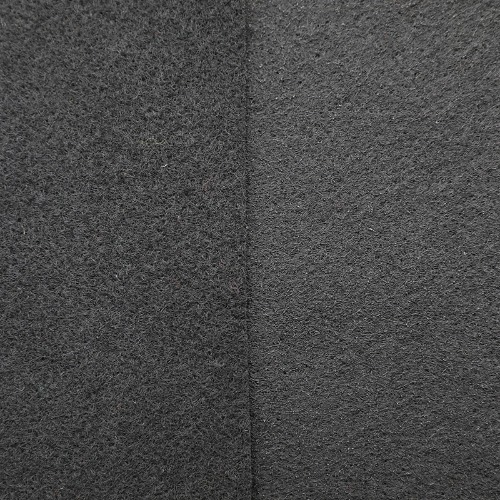When it comes to the world of textiles, one material has been making waves for its versatility and eco-friendly properties - polypropylene non-woven fabric. This innovative material has found its way into various industries, from healthcare to fashion, and has been gaining attention for its unique characteristics.
Polypropylene non-woven fabric is a type of thermoplastic polymer that is created using a process called spunbond technology. This process involves extruding the polymer to form continuous filaments, which are then laid into a web and bonded by heat and pressure. The result is a fabric that is lightweight, durable, and resistant to moisture, making it ideal for a wide range of applications. From surgical gowns and masks to geotextiles and upholstery, the uses of polypropylene non-woven fabric are as diverse as they are impactful.
One of the most remarkable aspects of polypropylene non-woven fabric is its eco-friendly nature. Unlike traditional woven fabrics, polypropylene non-woven fabric is produced without the need for weaving or knitting, which significantly reduces waste and energy consumption. Additionally, it is fully recyclable and can be repurposed into new products, making it a sustainable choice for manufacturers and consumers alike. As the world continues to prioritize sustainability, the demand for eco-friendly materials like polypropylene non-woven fabric is expected to soar in the coming years.

In the healthcare industry, polypropylene non-woven fabric has become a staple material for medical protective equipment and hygiene products. Its ability to provide high levels of breathability, fluid resistance, and bacterial filtration has made it instrumental in the fight against infectious diseases. From surgical drapes and isolation gowns to disposable wipes and sanitary pads, the use of polypropylene non-woven fabric has helped improve infection control measures and enhance patient care.
Polypropylene non-woven fabric has emerged as a game-changer in the world of textiles, offering a winning combination of versatility, durability, and sustainability. Its widespread applications across various industries, coupled with its eco-friendly characteristics, make it a material of the future. As we continue to seek innovative solutions for a more sustainable world, polypropylene non-woven fabric stands out as a shining example of progress in material science and manufacturing. Whether it's protecting healthcare workers or reducing environmental impact, the magic of polypropylene non-woven fabric is here to stay.

 English
English Español
Español Deutsch
Deutsch عربى
عربى














